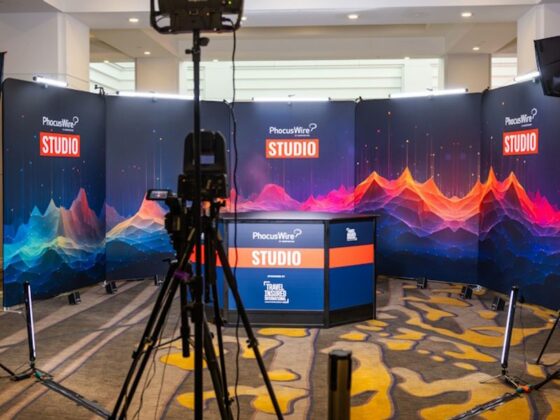
1. More outsiders enter the OTA market
Non-travel brands, such as financial institutions, retailers and loyalty clubs, must really want to get into the travel business. Over the past two years, several have launched travel booking platforms or announced ambitious plans to do so, even though the online travel agency market is already near saturation and uber competitive. Will they succeed? If so, what are their advantages and what will be the impact on the marketplace?
Any new OTA is often met with skepticism, but that hasn’t stopped a slew of new hopefuls from other sectors such as banking, retail and membership organizations from taking a shot. Can they compete with the big brands? Do they even need to?
Ironically, it’s the existing players – Expedia, Booking and Hopper – that have the most to gain from this trend. Plug-and-play options offered by Expedia for Business, Rocket Travel (Booking.com) and Hopper Cloud make it easy for institutions and organizations to provide private-label travel offerings with little or no expertise.
Most OTAs’ private-label partners are travel suppliers such as airlines and agencies looking to supplement inventory and revenue. But the others represent the long tail, including non-travel brands such as banks, retailers, rewards programs and membership-based organizations seeking to add value to their current offerings and further monetize their existing audiences. Most of these non-travel companies don’t expect to compete with the giants, or even to make a lot of money. Rather, their goal is to provide a convenient service to customers, so they keep coming back.







